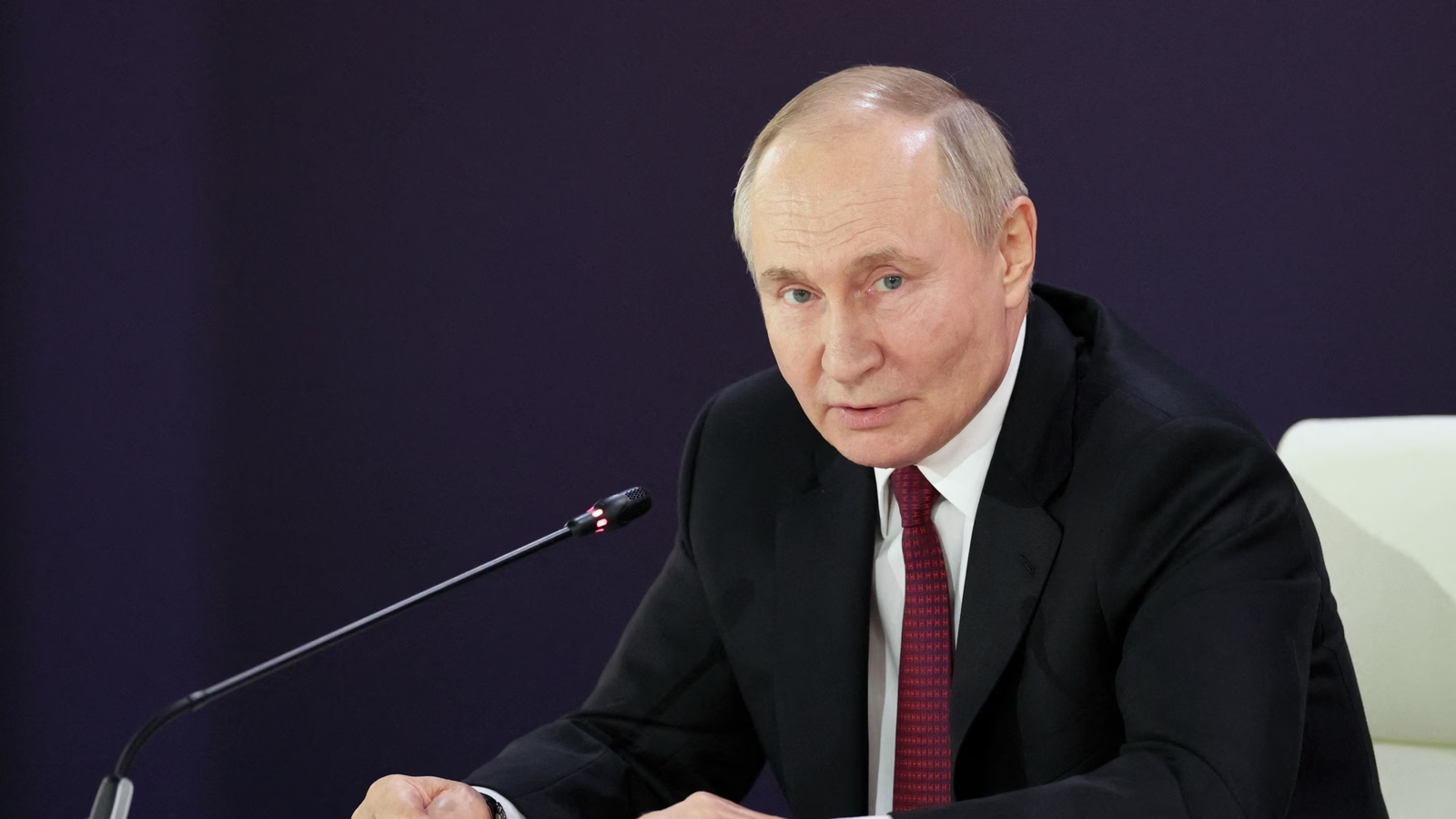Russia Offers Indian Airlines Opportunity to Operate Domestic Flights: A New Era in Aviation Collaboration
In a significant move for the aviation industry, Russia has invited Indian airlines to operate domestic flights within its territory. This proposal, known as a “cabotage” arrangement, is a rare opportunity where foreign airlines would have access to a country’s domestic routes. Russia’s proposal comes at a time when its aviation sector faces challenges from Western sanctions that restrict access to necessary aircraft, parts, and software from Western manufacturers such as Boeing and Airbus. These sanctions have strained Russian airlines, grounding a significant portion of their fleet due to a lack of required maintenance and updates.
The Russian government extended this cabotage proposal to India, along with China and several other Asian countries, during discussions at the recent BRICS Summit. This outreach signals Russia’s effort to stabilize its domestic air travel market by seeking alliances with international partners who could support its internal routes. This development aligns with Russia’s broader strategy to maintain connectivity and economic resilience amid global sanctions.


Why Russia Is Opening Its Skies to India
The proposal to Indian airlines comes as Russia’s aviation sector faces unprecedented challenges due to ongoing Western sanctions. These restrictions have significantly limited Russian airlines’ access to crucial parts, maintenance, and technological support from Western suppliers like Boeing and Airbus. Before the conflict in Ukraine, Russian carriers had maintained a robust fleet of Western-manufactured aircraft. However, with sanctions in place, Russian airlines are now facing grounded aircraft due to insufficient maintenance resources and critical software updates that they relied upon from the West. As a result, Russia has sought assistance from key international allies, particularly in Asia, to help fill the void in its aviation market.
The Scope of the “Cabotage” Arrangement
Under typical international aviation agreements, “cabotage”—the right for a foreign carrier to operate within another country’s domestic market—is rarely granted. Russia’s decision to offer such an arrangement to India highlights its commitment to expanding its alliances in the face of global pressure. This initiative aligns with Russia’s broader diplomatic and economic strategy, where it aims to strengthen ties with emerging economies that are less aligned with Western sanctions.
Benefits and Challenges for Indian Airlines
For Indian airlines, this offer brings an array of potential benefits, including market expansion and increased revenue streams. Operating within Russia could enable Indian carriers to tap into a new customer base, foster brand recognition, and potentially increase their strategic influence in the region. It could also pave the way for a stronger aviation partnership between India and Russia, creating new economic opportunities for both nations.
However, Indian airlines have highlighted several challenges in moving forward with this offer. Many Indian carriers operate leased fleets and are heavily reliant on Western aircraft and insurance companies. With sanctions in place, insurers and lessors are likely to impose strict limitations on operations within Russian airspace, as any violation could risk the termination of leasing agreements or insurance coverage. Additionally, Indian airlines are currently dealing with their own domestic aircraft shortages, making it difficult to allocate resources for an international expansion without impacting local operations.
A New Chapter in India-Russia Relations?
This potential partnership in aviation symbolizes the evolving relationship between India and Russia, moving beyond traditional defense and energy ties. India, as a rapidly growing aviation market, has much to offer in terms of expertise, fleet management, and passenger service, qualities that could greatly benefit Russia in sustaining its domestic connectivity amidst international isolation. If the proposal were to come to fruition, it could set a new precedent for collaborative resilience in the face of geopolitical challenges.
The Journey Consulting Group Perspective
For Journey Consulting Group (JCG), this unfolding development serves as a vivid illustration of the expanding global opportunities available to Indian businesses and professionals. JCG sees this moment as a testament to India’s rising influence and the trust other nations are placing in Indian industries. As our world becomes more interconnected, JCG is proud to support Indian students, professionals, and companies in seizing opportunities on a global stage, guiding them through the complexities of international markets with confidence and expertise.
As JCG continues to keep a pulse on emerging global partnerships, we remain dedicated to providing our clients with timely insights and actionable guidance to make the most of these evolving landscapes. The prospect of Indian airlines flying domestically in Russia signals not only a potential leap in aviation but a symbol of resilience, innovation, and growing trust between nations.
